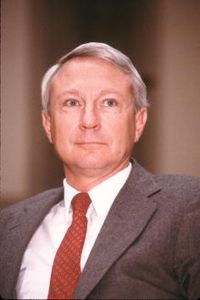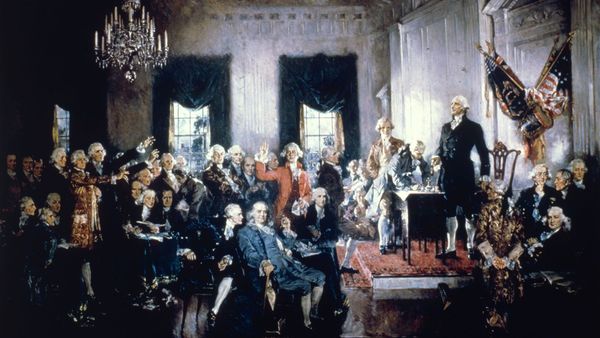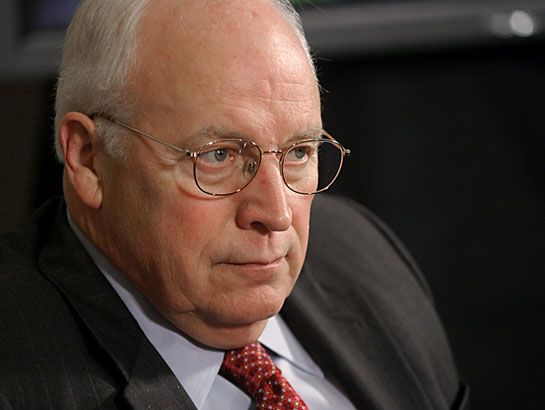When he worked as undersecretary of defense at the Pentagon during the George W. Bush administration, Edward C. Aldridge was known as a critic of a proposed Lockheed-Martin F/A 22 fighter jet contract, which he derided as overly expensive. Despite this, Lockheed hired Aldridge in 2004. Before he left his job at the Pentagon, however, he approved a $3 billion government contract to purchase 20 more of the jets he'd previously criticized [source: Wayne].
In 2006, President George W. Bush appointed Henry Paulson as secretary of the U.S. Treasury. Until then, Paulson had served as the chief executive officer of the giant and revered Wall Street investment bank Goldman Sachs. Two years later, Paulson would oversee the Troubled Asset Relief Program (TARP), more commonly known as the federal bailout of the banking industry. Goldman Sachs received $12.9 billion in federal bailout funds; several of the bank's largest competitors received little or no aid and went under [source: Cohan].
Advertisement
In 1985, California Democrat Jerry Patterson lost his bid for a sixth term in Congress. Instead of returning home, Patterson opted to stay in Washington and accept a position at a law firm there. He was one of about 25 percent of the members of Congress that year who opted to use their contacts with their federal policymaker colleagues to gain employment as lobbyists with private companies [source: Zintl, et al]. By 2005, that number would jump to 43 percent [source: Birnbaum].
These are three examples of what sociologists and political scientists have come to call the Revolving Door between government public service and private corporations. This door merely represents the exchange of labor between the higher echelons of government and business. Although it's legal, this shared, small labor pool can often be found acting in its own self-interest, rather than that of the public.
What do supporters and detractors have to say about the Revolving Door? Find out on the next page.


